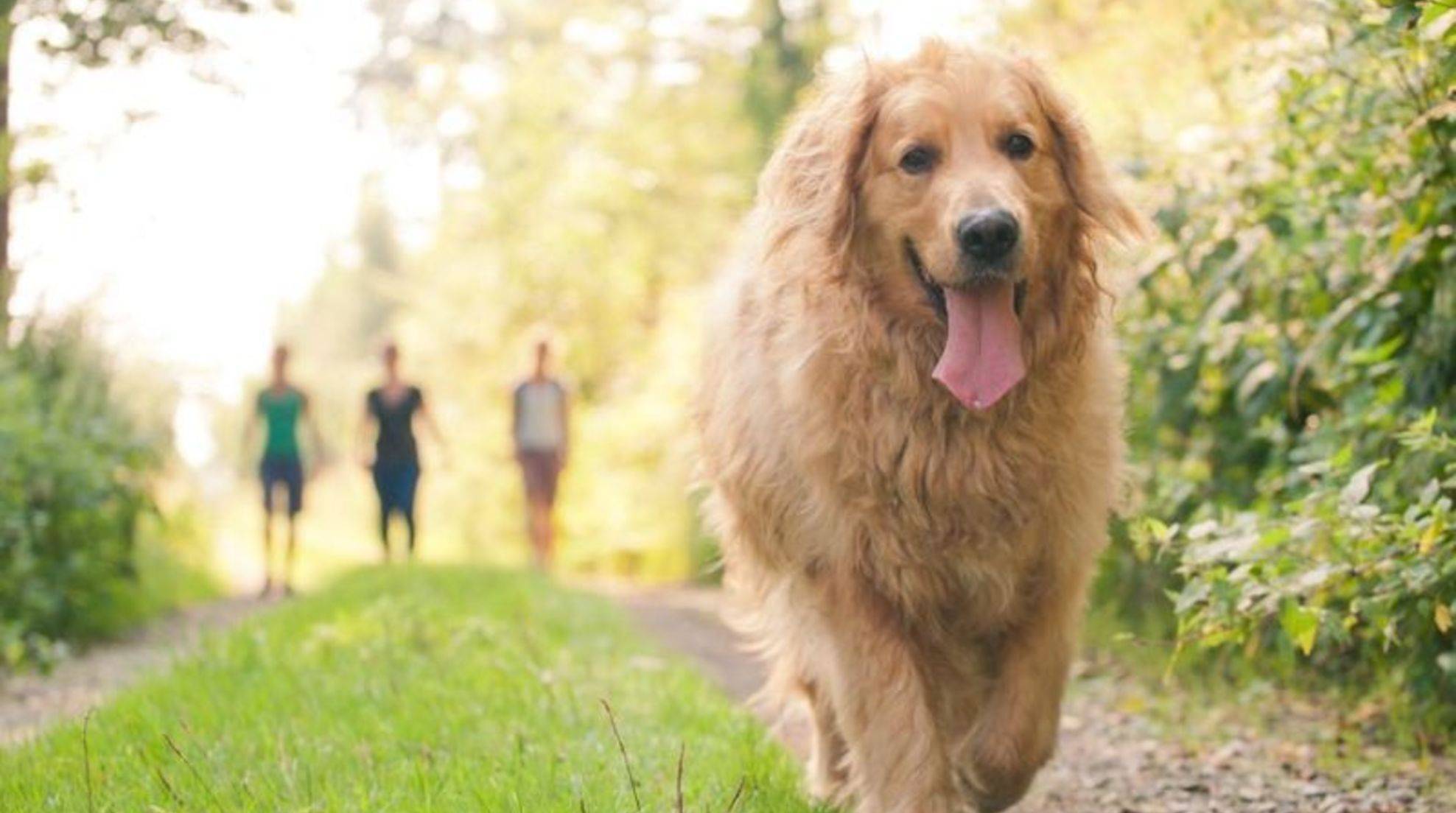Dog behavior: recognizing seven possible symptoms of illness in a dog
Dogs don’t immediately let you know when they are unwell. Therefore, pay particular attention to changes in dog behavior – it could be a symptom of illness. The following tips show which warning signs make a visit to the vet advisable.
It is better to go to the vet once too often than once too little. Is your four-legged friend behaving strangely, or has he changed visually? Then let clarify to the security whether it could be a disease symptom. The following signs can indicate a disease:
- lack of drive and increased fatigue indicate.
If your dog seems lazier than usual, this does not necessarily mean that he has suddenly become lethargic. It is possible that he is ill and therefore has less energy. High temperatures can cause listlessness and noticeable fatigue in the summer or reduced daylight in the winter. However, if this behavior occurs from one day to the next without any visible cause, it could be a symptom of illness.
Several illnesses present themselves in dogs with fatigue as a symptom, including:
Infections
Metabolic disorders such as hypothyroidism
Stomach upsets
Nutrient deficiencies
Depression
- restlessness and aggression as unusual dog behavior
The opposite of lethargy can also be a symptom of illness. If your dog is suddenly restless or even aggressive for seemingly no reason, be sure to take him to the vet.
It may be that he is in pain. This is also indicated if he is sensitive to touch or rolls back and forth nervously in his dog basket. He may not find a lying or sitting position that is pain-free and comfortable for him. The vet can determine what is triggering the pain – such as an injury, a foreign object, or digestive problems.
- Recognize changes in appetite as a symptom of illness.
Dogs are usually not picky about food. If your four-legged friend suddenly suffers from a loss of appetite and doesn’t like to eat, it is most likely a symptom of illness. In case of pain, indigestion, or nausea, it is quite possible that the dog does not eat.
But the reverse is just as problematic: does your dog suddenly gobble down his food, seem greedy, or eat feces and other things that are not edible? This dog behavior may also indicate that something is wrong.
- frequent scratching as a sign of disease
If your four-legged friend scratches only from time to time, this is quite normal. However, if he does not stop scratching and has already marked his skin, parasites, a skin fungus, or an allergy may be behind the itching. A visit to the vet will bring clarity.
- dog withdraws and hides
Your normally trusting dog seems anxious, hides in a hiding place, or withdraws remarkably often? In this case, something is wrong with him.
Can you rule out external circumstances such as thunderstorms or New Year’s Eve as anxiety triggers? He feels the need to retreat because he is unwell and probably sick. With the vet’s help, try to find out what is wrong with your pet.
6 Difficulty walking or climbing stairs
If your dog is limping, walking slower than usual, or has recently started having trouble climbing stairs, this is also a clear warning sign. It may be a symptom of disease, such as:
Incipient osteoarthritis
Congenital or acquired deformities such as hip dysplasia or elbow dysplasia
Other joint problems
However, if he is only slightly lame, your dog’s behavior may indicate an injury to his paw or a foreign object between his toes.
So take a thorough look at your dog’s paws. Perhaps your animal companion has cut his paw on a piece of broken glass or a sharp stone. In winter, road salt can get caught in it. Do you live in the country? Then awns, bristly plant particles such as corn ears or sharp stones could be the cause.
- unusually heavy panting as a warning sign.
It is usual for dogs to pant when they are hot or physically exert themselves. However, if neither applies, you should have this dog behavior investigated.
For example, panting may be a type of calming signal during stress – your dog may be trying to calm himself. This can be emotional and physical pressure due to pain or organic disease.
What if there is no physical illness behind the dog’s behavior?
If these seven possibilities can be ruled out, the dog behavior probably has no physical cause. Then the reason may be psychological, in which case an animal psychologist or a dog trainer specializing in behavior problems may be helpful.








